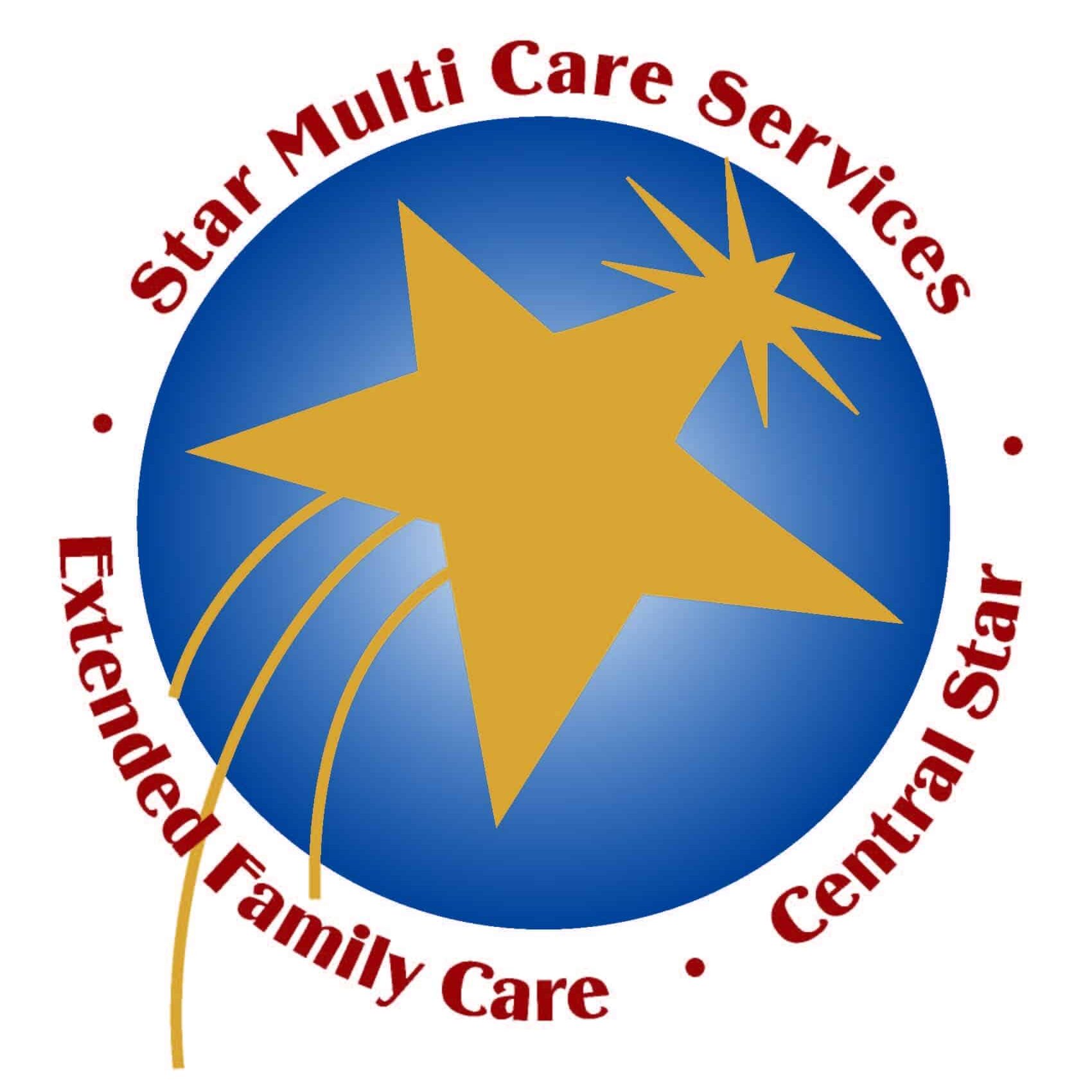There are currently approximately 5.7 million adults in the United States living with bipolar disorder. That means it’s a condition that is far from rare. However, many people know very little about it until someone they care about is diagnosed or they find themselves acting as a family caregiver to someone who has the disorder.
If you’ve recently begun caring for an older adult with bipolar disorder, you may have a lot of questions. Learning more about bipolar disorder can answer some of those questions.

Bipolar Basics
You may be more familiar with bipolar disorder by its previous name, manic depression. It’s a mental health condition that causes extreme mood swings. A person with bipolar has periods of feeling elated and having lots of energy and periods of deep depression during which they have little energy.
Though everyone has highs and lows, the mood swings that occur with bipolar disorder aren’t normal. They are much more severe. In fact, the symptoms can be so bad that they make it difficult for the person to maintain relationships. In addition, the depressive episodes can make them suicidal.
The mood swings may occur only once in a while, or they might happen many times in a year. There is no cure for bipolar disorder. However, there are treatments that can help your aging relative to manage the symptoms.
Causes of Bipolar Disorder
At this time, doctors don’t know what causes bipolar disorder. They believe it could be caused by a combination of things, including:
Changes in the Brain: The brains of people with bipolar disorder are different from others. There are physical changes that may have something to do with the disease, though doctors aren’t sure what the link is.
Genes: Because many people with the disorder also have a close relative, like a sibling or parent, with the condition, there may be a genetic link involved.
Experts at the Mayo Clinic say that the first episode of the disease can be triggered by certain things, such as:
- Experiencing a traumatic event, like the death of a loved one.
- Abusing drugs or alcohol.
Bipolar disorder is usually treated using a combination of medication and therapy. Home care can assist your aging relative with sticking to their treatment plan. A home care provider can remind them when it is time to take their medication. Home care can also offer transportation to and from therapy appointments. Home care providers can also watch for signs of an impending mood swing and alert family caregivers.
Sources: https://www.mayoclinic.org/diseases-conditions/bipolar-disorder/symptoms-causes/syc-20355955
https://www.nimh.nih.gov/health/publications/bipolar-disorder/index.shtml
https://www.healthline.com/health/bipolar-disorder
https://www.webmd.com/bipolar-disorder/features/8-myths-about-bipolar-disorder#1
If you or an aging loved one are in need of Home Care Services in Stonybrook NY or the surrounding areas, contact the caring professionals at Star Multi Care Services today at (631)956-8835. We are the Right Choice for Home Health Care Services!
- Ways a Client Advocate Can Improve Your Loved One’s Quality of Life - April 9, 2025
- Consistency is Key to Helping Your Senior Remain Independent - April 3, 2025
- Help Your Senior Welcome Back the Birds of Spring - March 26, 2025

